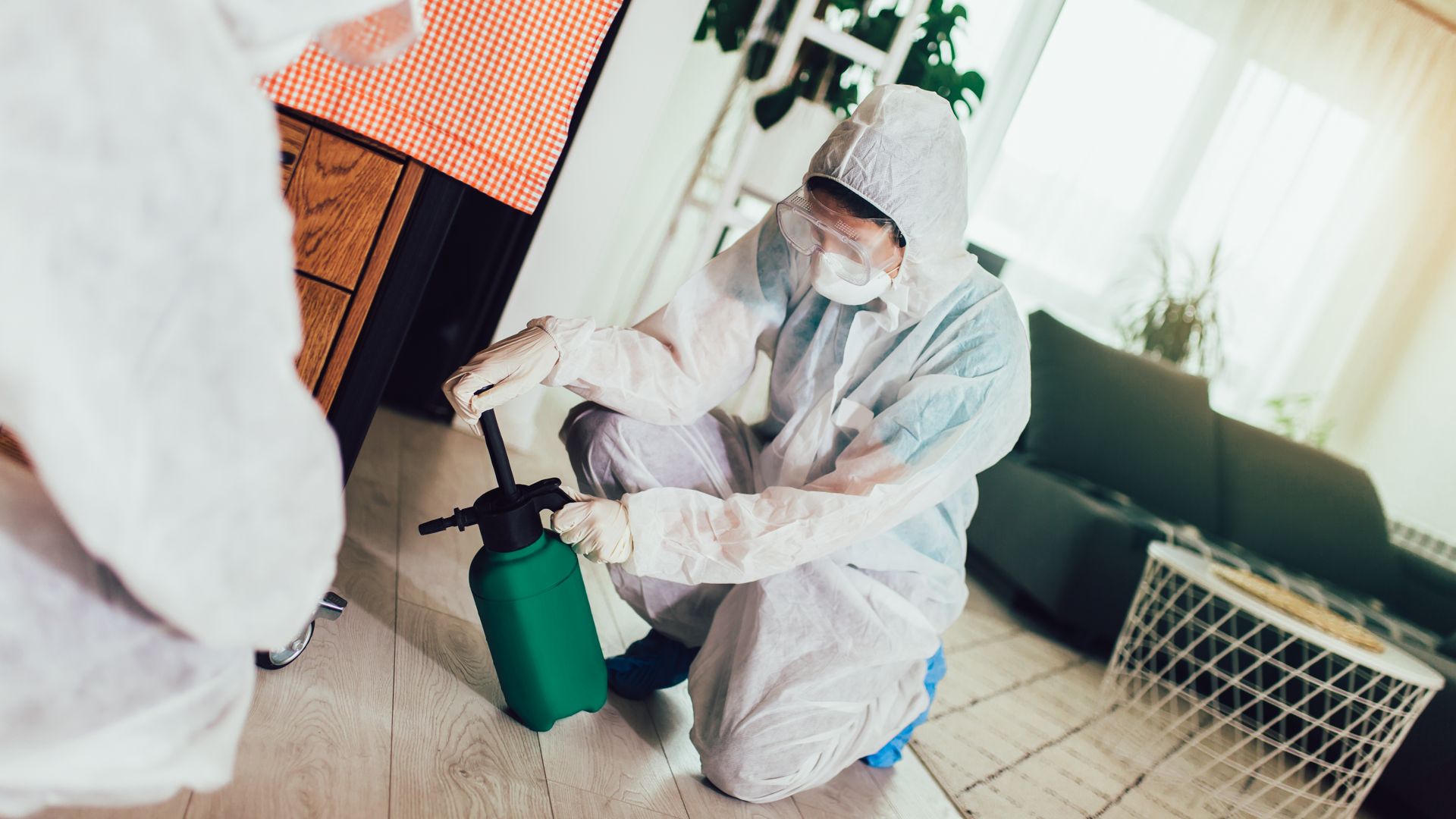How Long Can Fleas Live In Houston Homes?
A single, adult flea can live for 2 to 3 months. But, when considering how long fleas can live inside your Houston home, you have to consider more than just the lifespan of one adult flea. You have to ask, "Can fleas live inside my home?" There are many insects that can't. Take ticks, for example. The brown dog tick is the only type of tick that can complete its entire lifecycle inside. All other ticks will die off inside your home. If stink bugs get into your home in the fall and don't leave your home in the spring, it is likely they will die. Your home doesn't provide the conditions for stink bugs to survive and reproduce. There are actually only a few insects that can live permanently in man-made structures. Fleas are one of them. Here's what you need to know.
Food, Water, And A Reproductive Habitation
All an animal needs to live inside your home is food, water, and a suitable place to reproduce. Cluster flies, as an example, can't live in your home because they lay their eggs in the soil and their larvae feed on earthworms. So, unless you have a pile of dirt filled with earthworms in your home, cluster flies can't live there. Let's talk about how fleas find these three resources.
Food And Water — Adult fleas get their food and their water from the same source: the blood of warm-blooded mammals. Are there any warm-blooded mammals in your home? If so, fleas will find all the food and water they need to survive. Keep in mind that, while fleas take furry animals as hosts and humans aren't a suitable host, they will readily feed on humans to get a blood meal. That means adult fleas can find a meal even in a home that doesn't have dogs or cats.
Reproductive Habitation — As the cluster flies example demonstrates, animals need more than just food, they need the conditions that allow for reproduction. Cluster flies seek to lay their eggs in soil because they know their larvae need earthworms for food, and earthworms live in soil. Without soil, they won't lay eggs in your home. Fleas have no such requirements. Adult fleas lay their eggs on animals and those eggs roll off onto the ground. It doesn't matter what ground they land on, though it is better if it is carpet, upholstered furniture or bedding. Flea larvae hide in the threads of carpets, fabrics, and clothing. There is, however, one requirement for flea larvae to survive. They must be able to find flea dirt. Flea larvae are not able to bite mammals to get a blood meal. They must find flea dirt (which is the feces of adult fleas) and consume the blood inside.
The Cycle Of A Flea Infestation
Fleas typically come into a Houston home as adult fleas on dogs, cats, or rodents. As the animal with the fleas moves around your home, flea dirt and flea eggs fall to the floor. If they land on carpets, fabrics, or clothing, they will find an ideal location to hatch and survive. The larval stage lasts from four to as long as 18 days, depending on the availability of flea dirt. In the next stage of development, the fleas cocoon themselves and develop from pupae to adults. Once they reach their full adult stage, they don't immediately hatch from their cocoons. They wait until a suitable host passes by. If you have a dog or a cat in your home, these animals can cause cocoons to hatch simply by walking around. It is possible for a flea to hatch when you or another human walks by but they have a preference for furry animals.
Flea Control
When a flea infestation takes root in your home, it can go on indefinitely. Those fleas don't have to go back outside to reproduce. If you want to get rid of them, you're going to have to break the cycle of reproduction. This can be very difficult with DIY products and methods because flea eggs and flea cocoons protect them from many of the products used to kill them. The pest control professionals here at Modern Pest Control use residual products that last long enough to eliminate emerging fleas. They also apply Integrated Pest Management methods to alter conditions in your home that are conducive to flea reproduction. Together, these work to stop the cycle of infestation.
For more information about fleas or to schedule a flea control treatment, reach out to us. We provide service to the Greater Houston area and our knowledgeable pest professionals are standing by to assist you.

.2503110807321.jpg)
.2412110613398.jpg)
.2412110610205.jpg)